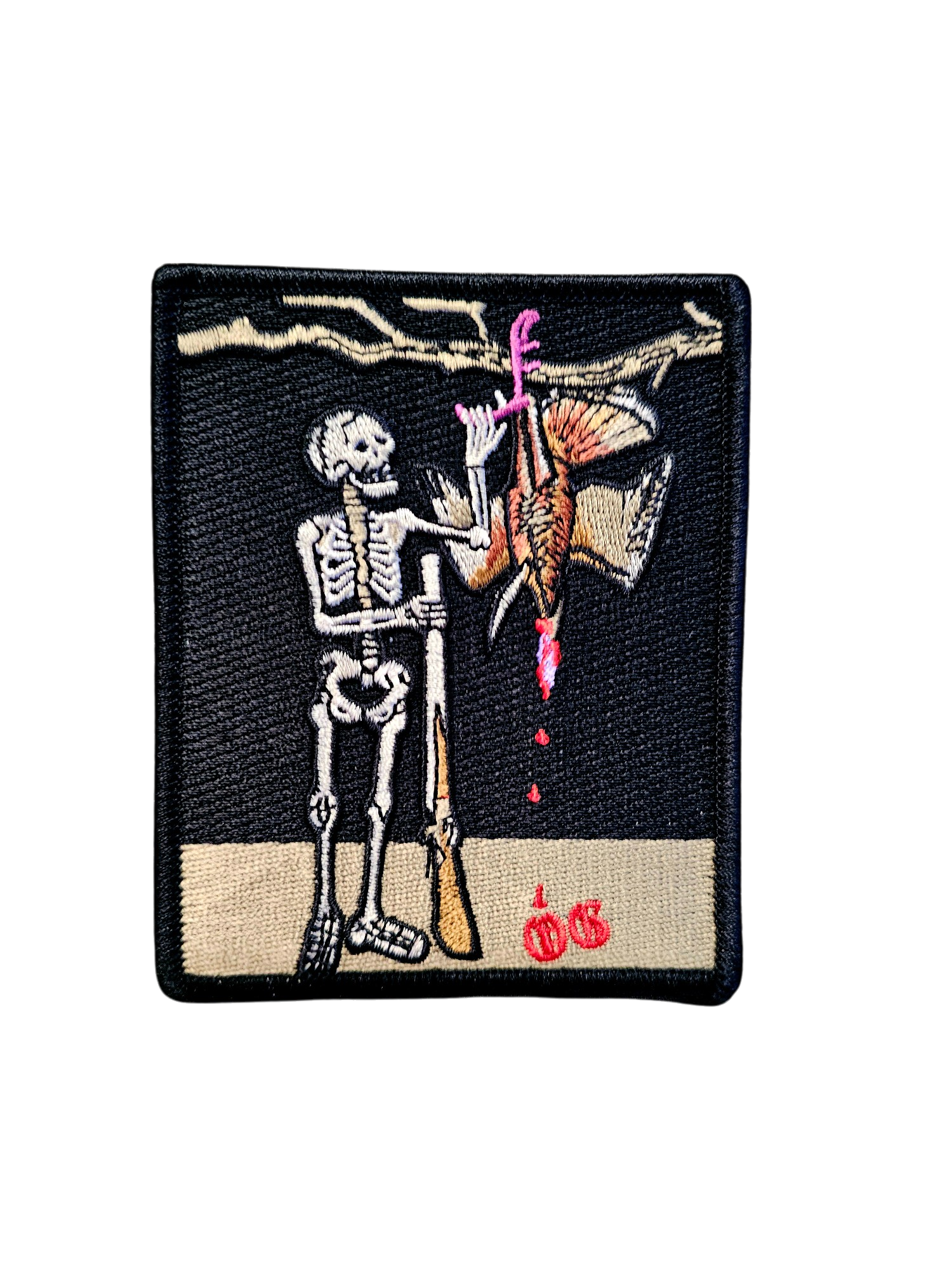This is a great question that maybe a biologist could contribute some helpful information. I am not a biologist, but do take great interest in turkey biology and habits. In my opinion, the breeding cycle as far as date specific and in relation to season dates, naturally vary from state to state or region to region.
Arkansas will probably differ from WV. Through research the biologists have determined our peak breeding date in Arkansas as April 10th. From my observations, typicallly turkeys split from winter flocks in mid to late February and settle into their spring ranges in anticipation for breeding. By early to mid-March some breeding begins. It's not uncommon to find a nest of eggs by the end of first week of April. The gobbling activity increases, and by the end of March and the first week of April the gobblers are often in a frenzy gobbling on the roost and on the ground. This is the first gobbling peak. While breeding is going on, I compare this short window of time to the pre-rut for deer, when breeding weighs heavy on a gobblers mind, but not quite as prevalent on the majority of hens' minds. Often, you could bang two rocks together and they'll be tripping over their beards coming in. Needless, to say they are more responsive to calling, which is when our season opened in the past. Now, the gobbling activity will vary with health of turkey population and strength in numbers.
Currently, our regular season is set to open after the peak breeding date. That puts it on the nearest Saturday after the 10th of April. The last few years we are lucky if we catch just a few days of good
gobbling at the tail end of the first gobbling peak. In my opinion thus us when the majority if breeding goes on, which correlates to "henned up" gobblers and less gobbling. Often, turkeys gobble in the roost and fly down with hens to spend most of, if not all, with them. It varies from year to year, but this period can continue for a couple of weeks.
But, at some point the hens will begin to nest. They will often spend part of each morning with the gobbler before leaving him at some point later in the morning. Most years that's late April here. This can be a great time to hunt, and late morning can be great. As the days go by, eventually the gobbler is left all alone. Hens are sitting and with his desire too breed is still strong, the gobbling increases again. This is what I would consider the second gobbling peak, which could vary from approximately April 20 or so and into May. Some years we miss the second peak and turkeys are gobbling very good after season closes. What you hope for with late season gobblers is that they haven't received too much pressure throughout the first half of the season.
Anyway, it's not an exact science with dates that are set in stone. Several factors, such as health of population (mast crops and food sources from the previous fall) and just the shear number of turkeys involved. In Arkansas it can be as broad as early March to late May. It's also not uncommon to hear turkeys gobbling in June and we have observed gobblers strutting with hens the first week in July, which is probably uncommon.
Hunting seasons vary by state, so each would have to be examined separately to identify how yo adjust hunting accordingly. I hunt several states each spring and though I can study am entire season in my home state, I would say the same fluctuations in gobbling and breeding are typical, but timing will vary a little. For example, in the midwest turkeys are often still in bigger flocks (mixed gobblers / hens) a couple of weeks into April. It's beneficial to adjust
hunting approach accordingly. Just my opinion.















